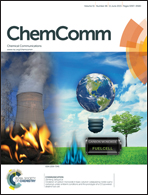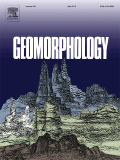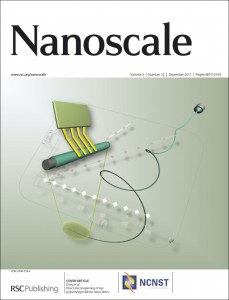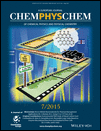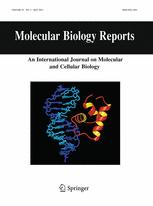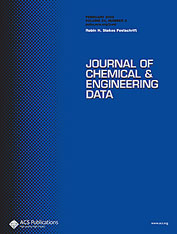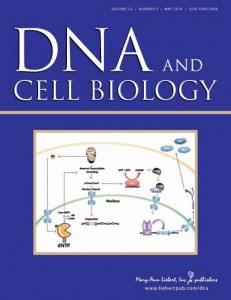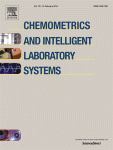 Chemometrics and Intelligent Laboratory Systems, an Elsevier publication, has retracted a 2014 paper by researchers in China and the United Kingdom for data misuse and authorship issues.
Chemometrics and Intelligent Laboratory Systems, an Elsevier publication, has retracted a 2014 paper by researchers in China and the United Kingdom for data misuse and authorship issues.
The article, “Optimization of fluidized bed spray granulation process based on a multiphase hybrid model,” was purportedly written by Dapeng Niu, of the College of Information Science and Engineering at Northeastern University, in Shenyang, China, Ming Li, of De Montfort University, in Leicester, England, and Fuli Wang, a vice-president at Northeastern.
But Niu apparently didn’t perform any experiments, lifted the data from other sources, and published the paper without his co-authors’ okay.
Here’s more from the retraction notice: Continue reading Sub-optimal: Industrial optimization paper crushed by author’s “serious error of judgment”
